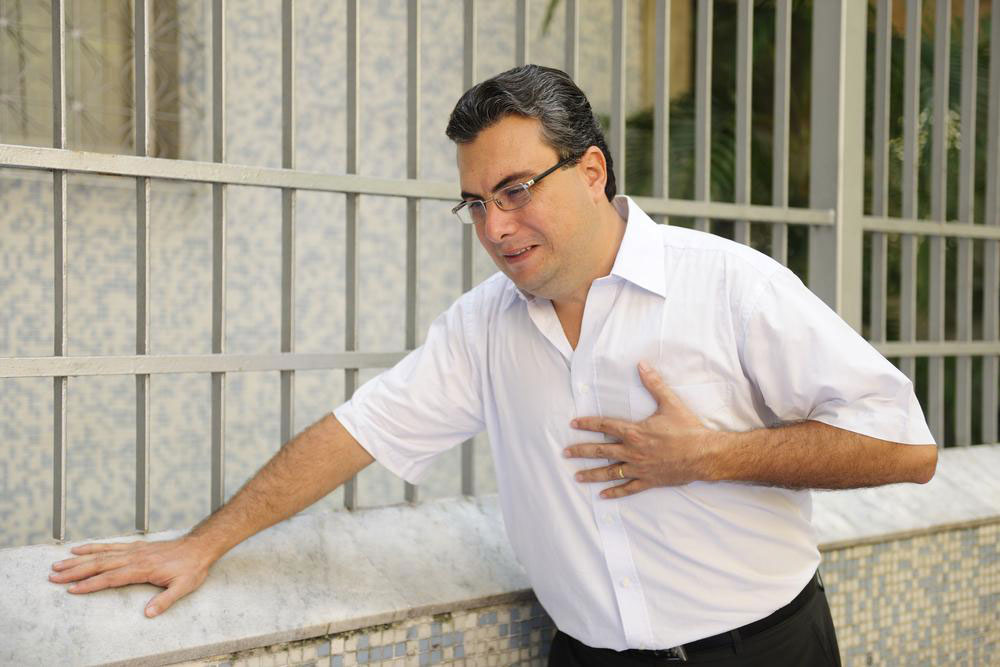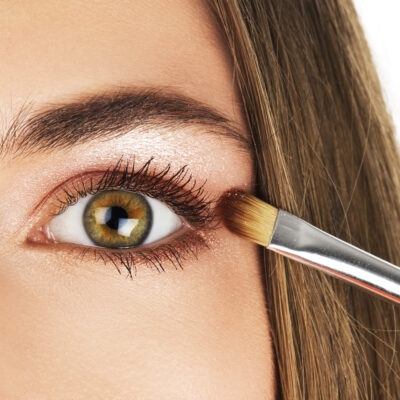
Tips for stroke risk reduction
As our lifestyle turns more sedentary, strokes are becoming more common, not only among the elderly but among young adults as well. The good news is that many of these strokes can be prevented by simple lifestyle changes. Here are some things you can adopt for stroke risk reduction.
- Manage your blood pressure
Hypertension or high blood pressure is one of the leading causes of a stroke. Thus, if you’re thinking about stroke risk reduction, you need to control your blood pressure. Limiting the amount of salt in your diet and regular workouts can also help. If you have been prescribed medication to control high blood pressure, it must be taken regularly as per the doctor’s prescription. - Quit smoking
Smoking doesn’t just affect the lungs but also increases a person’s risk of getting a stroke. Studies have estimated that smoking can reduce a person’s life by up to 10 years. Quitting this habit is more about willpower than anything else. If you do need help, there are plenty of gums, sprays, and other tools that could help break the addiction. - Lose weight
When it comes to stroke risk reduction, your weight plays a key role. If you are overweight or obese, you must make an effort to reduce your weight. Crash diets are not the solution; instead, eat healthy food and incorporate exercise into your daily routine. The aim should not be to be thin but to be fit. - Control diabetes
People suffering from conditions such as diabetes have a higher risk of strokes than others. This risk increases if diabetes is not properly monitored and the glucose levels are allowed to stay high for extended periods of time. Thus, it is important to control your blood sugar levels, which can be done through medication, diet control, and regular exercise. - Limit alcohol and avoid binge drinking
Alcohol is bad for the liver and also increases the risk of stroke. According to some research papers, excessive alcohol consumption can increase the risk of strokes by as much as 45%. Hence, avoiding binge drinking and limiting your consumption of alcohol to a maximum of 2 drinks a day can be very effective for stroke risk reduction. - Improve the good cholesterol levels
Not all cholesterol is bad. Ideally, the ratio of good cholesterol or high-density cholesterol to bad cholesterol should be above 0.4. If you have a higher bad cholesterol level, aim at bringing the ratio up to at least 0.3. Lifestyle changes such as increasing your consumption of fish and medication can help. - Treat stress and depression
Stress and depression are not just mental conditions; they affect your physical health as well. Stress can increase the frequency of health issues such as a stroke. Similarly, untreated depression can make people neglect their health and increase the risk of strokes. Thus, if you are serious about stroke risk reduction, avoid exposing yourself to stress as far as possible and make time to manage any stress that cannot be avoided. If you have been diagnosed with depression, seek treatment.


